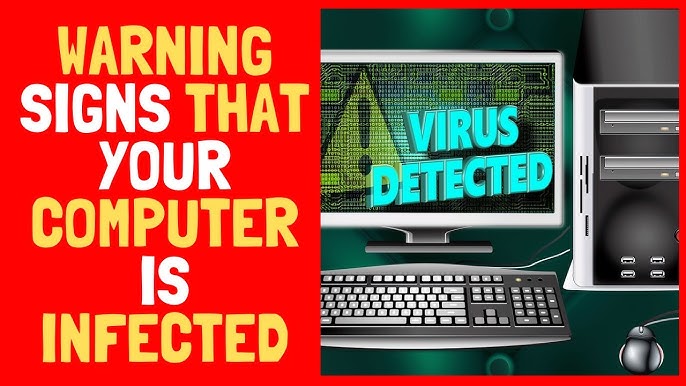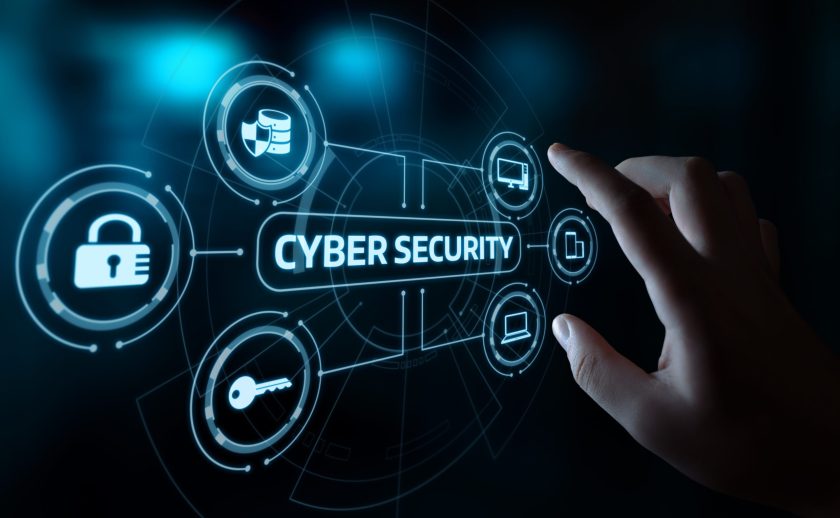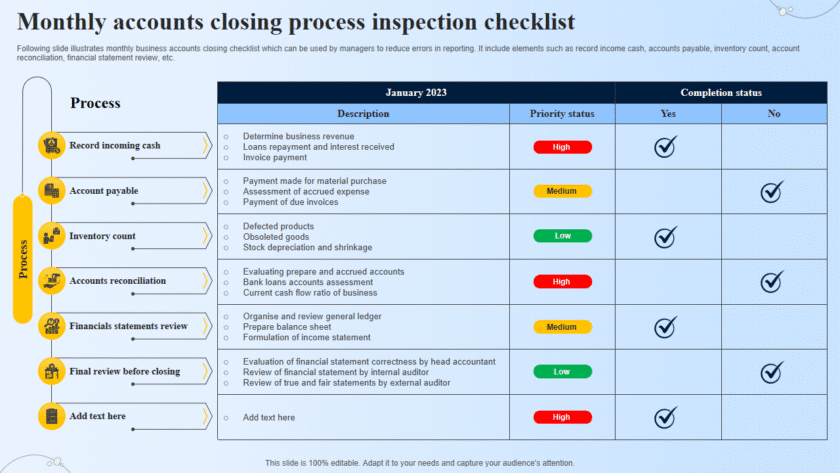Top Signs Your Computer Might Be Infected
A healthy computer should run smoothly and respond quickly. But when malware sneaks in, it can slow down your system, steal your data, or even damage your files.
Knowing the warning signs early can help you remove the infection before it causes serious harm.
Here are the top signs your computer might be infected:
1. Sluggish Performance
- Programs take longer to open.
- The system freezes or crashes frequently.
- Startup and shutdown times are unusually slow.
💡 Why it happens: Malware often runs in the background, using up your CPU and memory.
2. Unexpected Pop-Ups or Ads
- Random pop-up ads appear even when you’re not browsing.
- Browser keeps redirecting to unfamiliar websites.
💡 Why it happens: Adware or spyware can hijack your browser to display unwanted ads or steal information.
3. High Network or CPU Usage
- Your internet seems slow for no reason.
- Task Manager shows high CPU usage by unknown programs.
💡 Why it happens: Malware may be using your PC to mine cryptocurrency, send spam, or spread itself online.
4. Disabled Security Tools
- Your antivirus or firewall turns off without you doing it.
- You can’t access security or update settings.
💡 Why it happens: Some malware disables security software to avoid being detected.
5. Missing or Corrupted Files
- Files or folders suddenly disappear.
- Documents are encrypted or renamed with strange extensions.
💡 Why it happens: Ransomware or destructive viruses can delete, move, or encrypt your files.
6. Strange Emails or Messages Sent from Your Account
- Friends report receiving suspicious emails from you.
💡 Why it happens: Malware or phishing scripts might have hijacked your email account to spread infections.
7. Overheating or Loud Fan Noise
- Your computer gets hot even when idle.
- Fans are constantly running at full speed.
💡 Why it happens: Hidden malware is using system resources heavily, causing overheating.
✅ What to Do If You Notice These Signs
- Disconnect from the internet immediately.
- Run a full scan using a trusted antivirus or anti-malware tool.
- Update your system and security software.
- If the issue persists, seek help from a professional technician.
⚡ Conclusion
Spotting these warning signs early can save your data — and your computer. If your system starts acting strangely, don’t ignore it. The sooner you act, the easier it is to remove the infection safely.






